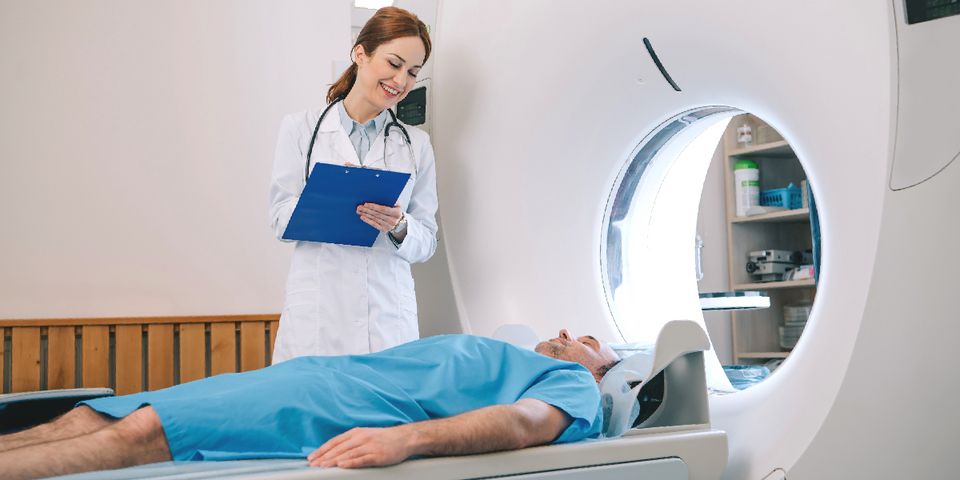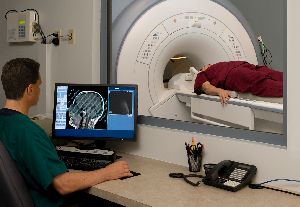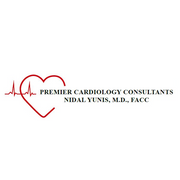
Magnetic resonance imaging (MRI) tests are technologically advanced screening processes that use magnetic fields and radiofrequency waves to create detailed images of your body's internal organs. Cardiologists and vascular surgeons use these images to determine your heart and blood vessel condition. If your provider has recommended you receive a cardiac MRI, you may be wondering what the process entails. Learn more about this screening procedure below.
How to Prepare for a Cardiac MRI
Generally, you can eat and take your medication as usual, unless otherwise specified by your cardiologist. Before the screening, you need to remove all metal objects and electronics, including jewelry, underwire bras, dentures, and hearing aids.
You will be instructed to do this because the MRI's magnetic field is obstructed by these objects, leading to blurry imaging, and it can damage electronic devices. You should also remove your wallet since the magnetic field can deactivate and damage your credit and debit card's magnetic strips.
What to Expect During the MRI

A licensed radiologist will walk you through the entire process, so you don't need to worry about memorizing any steps beforehand. A medical professional may administer a contrast injection in your hand or arm to make certain details more visible in the scan.
They will have you lie down on a moveable table and instruct you to lie still for 15 minutes to an hour while the machine scans your body. The technician will leave the room, so they can operate the machine, though they are usually visible behind a window. After the MRI is completed, you will be allowed to leave and continue your day as normal.
What Results It May Show
Your cardiologist will receive the images from the imaging center and will go over the results with you. An MRI can be used for many cardiac issues or concerns, including evaluating your heart valves, vessels, and structure.
The images can reveal the extent of coronary artery disease, pericardial diseases, pulmonary hypertension, congenital heart disease, and hypertrophic cardiomyopathy. They can also detect tissue damage from a heart attack, chest pain causes, and general heart function.
Schedule your next MRI at Premier Cardiology Consultants in Dothan, AL. This cardiology and imaging center has provided services to Houston County and the surrounding area for over 25 years, offering treatments and screenings with the latest technology. The cardiologist at this practice, Nidal Yunis M.D, is on the Alabama Board of Internal Medicine and Board of Nuclear Cardiology. Visit his website to learn more about his credentials and experience treating and performing procedures on various cardiovascular problems, and call (334) 699-6396 to schedule an appointment.
About the Business
Have a question? Ask the experts!
Send your question

